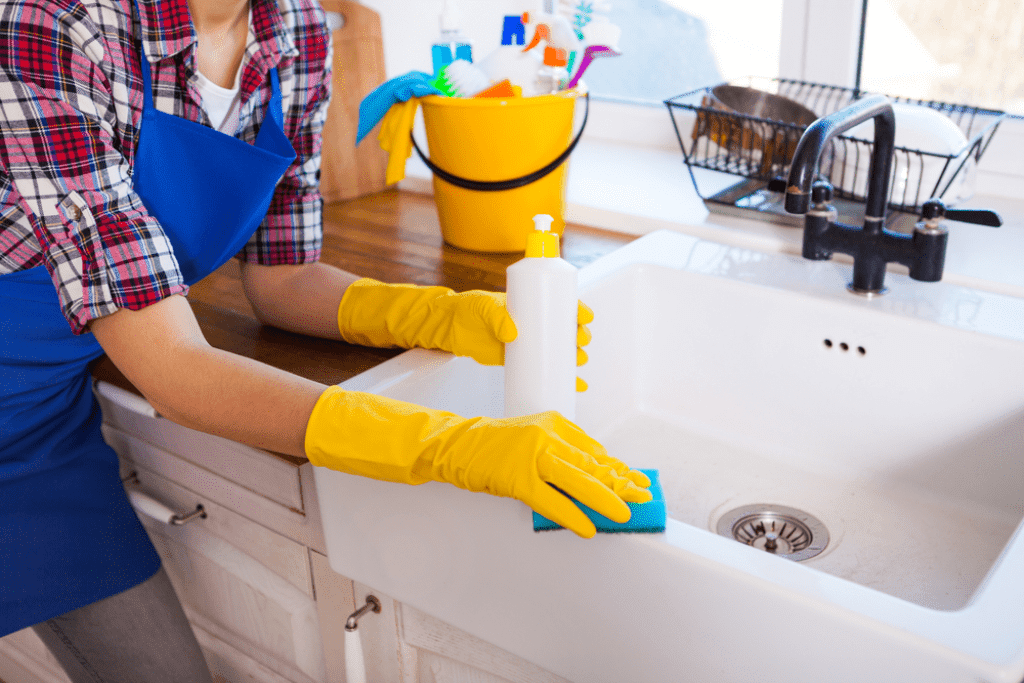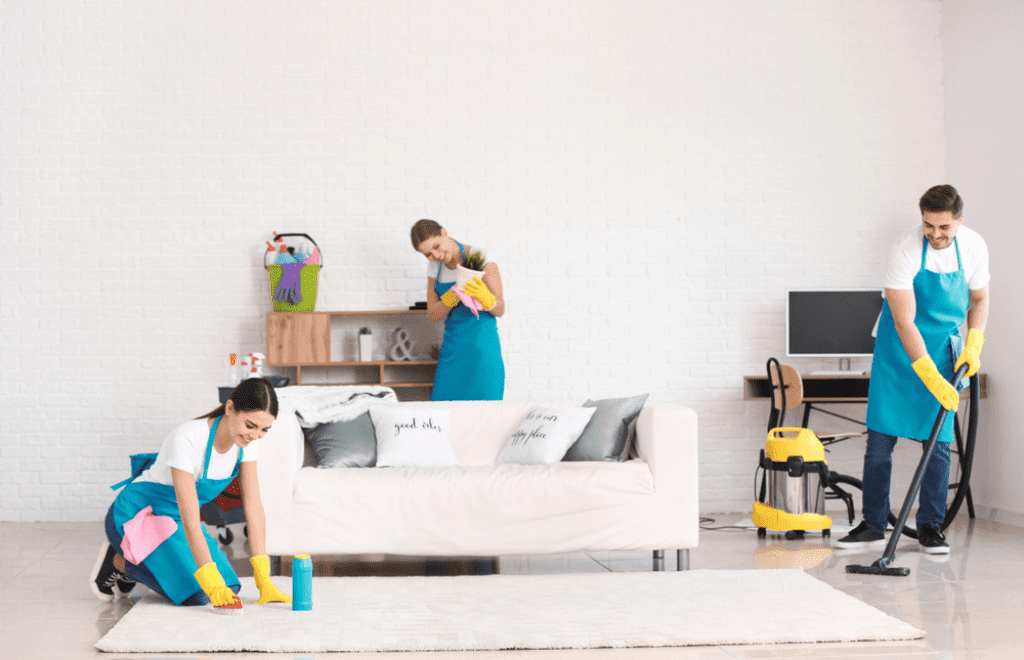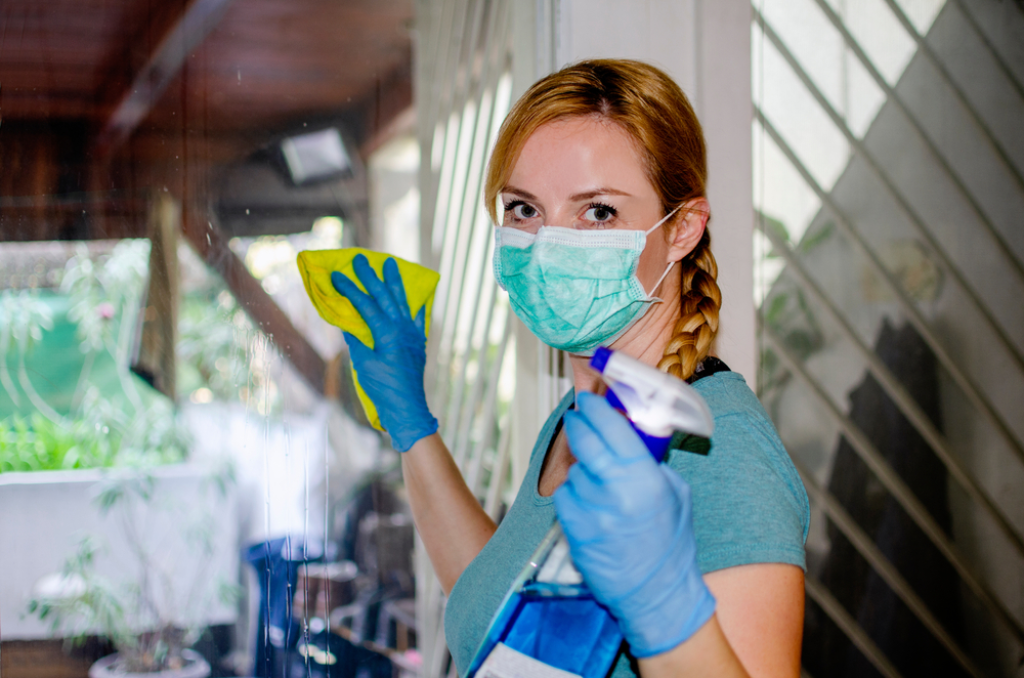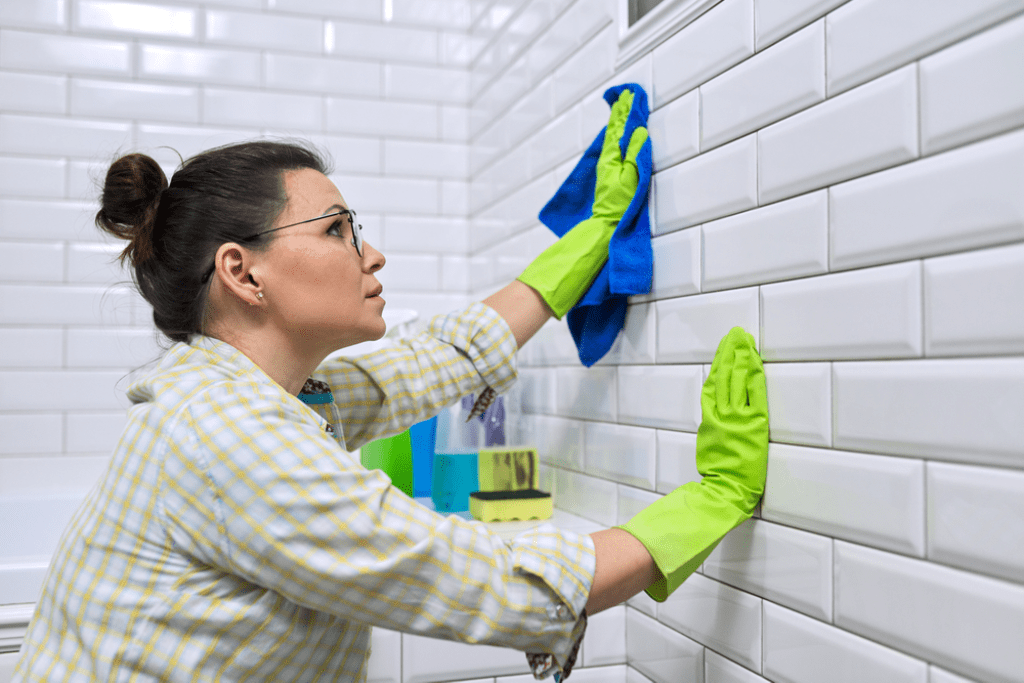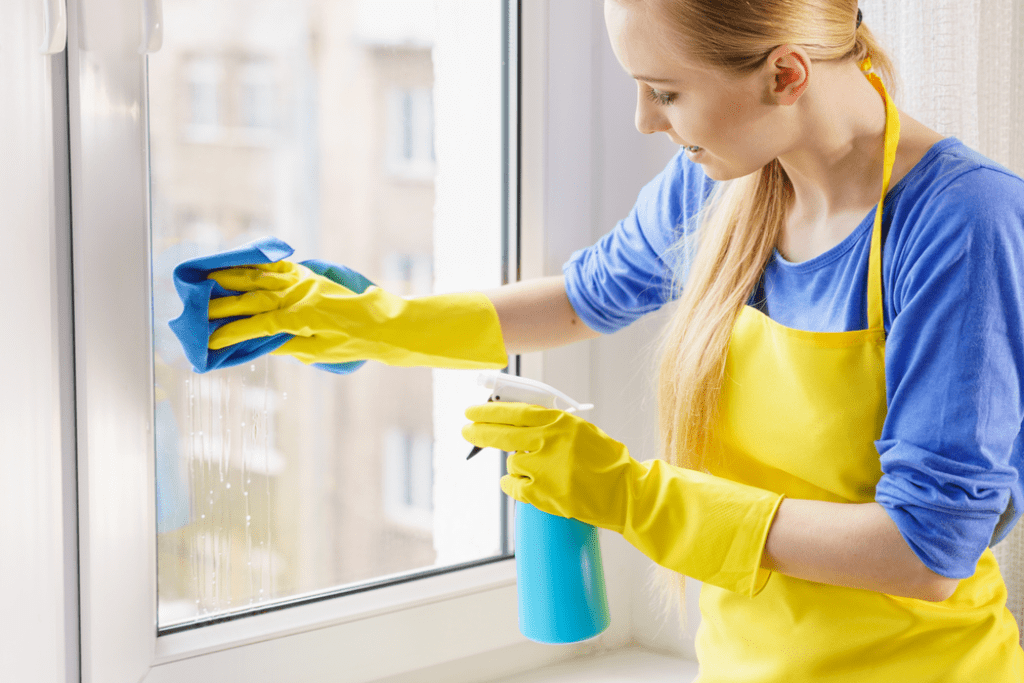Keeping your home or office clean and well-maintained is important for a variety of reasons, including the health and wellbeing of those who live or work there, as well as creating a positive and professional image. However, cleaning can be a time-consuming and tedious task, and it’s not always easy to keep up with it on your own. That’s where a professional cleaning company can come in handy. But how do you choose the right one? Here are some tips on how to hire the perfect house cleaning company.
- Do Your Research The first step to finding the perfect cleaning company is to do your research. Ask for recommendations from friends, family, and colleagues, and check out reviews online. Look for companies that have been in business for several years, and make sure they have a good reputation in your community. Also, ensure that they are licensed, bonded, and insured.
- Determine Your Needs Before you start reaching out to cleaning companies, determine your needs. Do you need a one-time deep clean or ongoing cleaning services? Do you need specific tasks, such as carpet cleaning or window washing, or just general cleaning? Make a list of the tasks you want the cleaning company to perform and communicate those needs clearly when you reach out to potential companies.
- Request Quotes Once you’ve found a few cleaning companies that meet your criteria, reach out to them and request a quote. A good cleaning company should be willing to come to your location to assess your needs and give you an accurate quote. Be wary of companies that give you a quote over the phone without seeing your space.
- Check for Certifications Check if the cleaning company is certified by industry organizations. Certifications demonstrate that the company has been trained in the proper techniques and methods to clean and maintain your space. For example, if you’re looking for a company to clean your medical facility, make sure they are certified in medical facility cleaning.
- Inquire About Training and Background Checks It’s important to ensure that the cleaning company hires qualified and trustworthy employees. Inquire about the company’s hiring process and if they perform background checks on their employees. Also, ask about their employee training programs to ensure that their cleaning staff is properly trained.
- Review the Contract Before signing a contract with a cleaning company, review it carefully. Make sure it includes all the services you’ve requested and the agreed-upon price. Also, check the cancellation policy, payment terms, and any other relevant details.
- Communication is Key Communication is essential when it comes to working with a cleaning company. Make sure you communicate your needs and expectations clearly, and be open to feedback from the company. Also, establish a regular communication schedule to ensure that you’re both on the same page.
In conclusion, hiring the perfect cleaning company requires some research and due diligence on your part. Be sure to communicate your needs clearly, request quotes, check for certifications, and review the contract carefully. With the right cleaning company, you can enjoy a clean and well-maintained home or office without the hassle and stress of doing it yourself.



